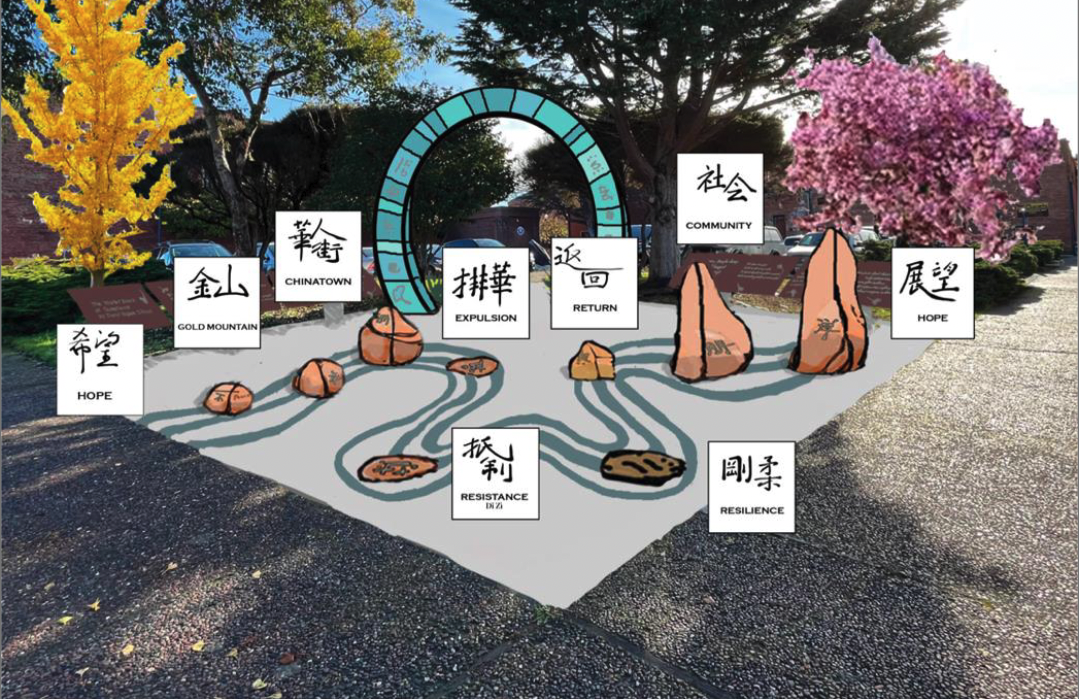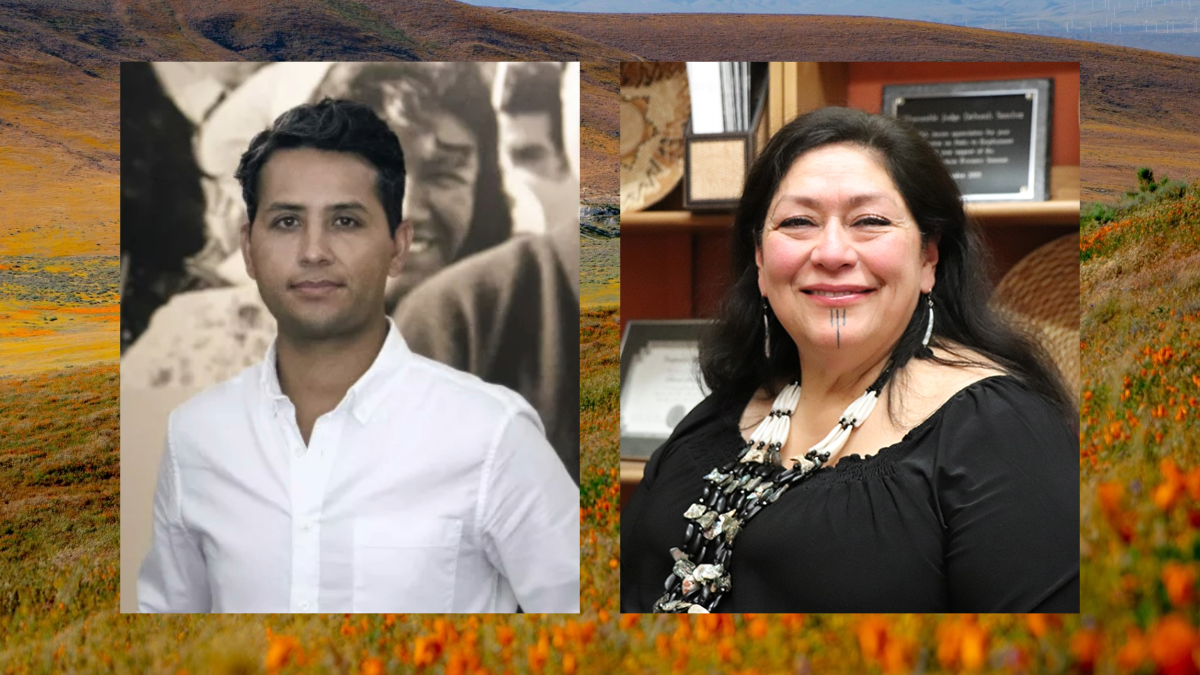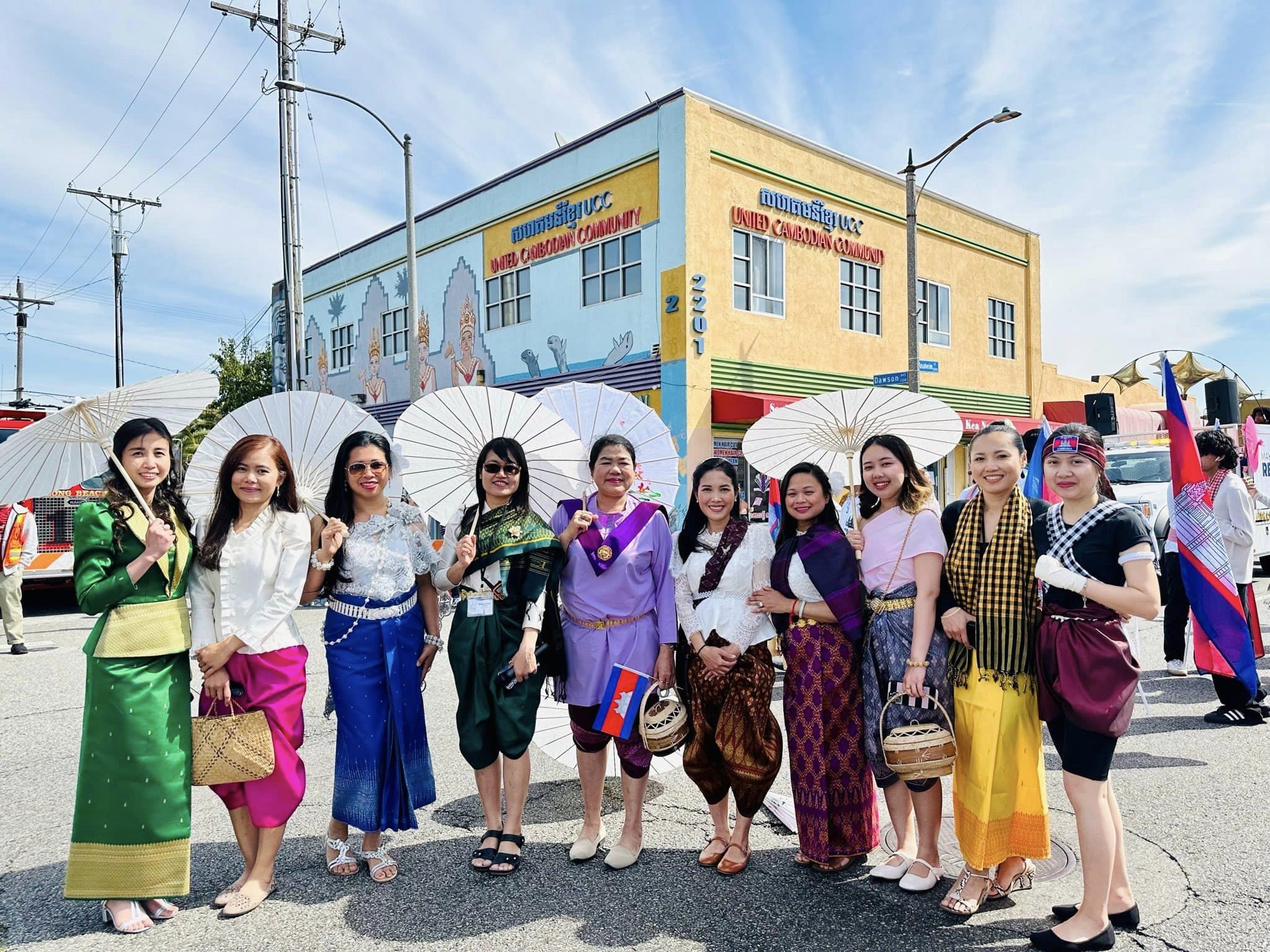The Electoral College is an original American model, never duplicated outside of the country. Created after lively debate in the last ten days of the five-month long Constitutional Convention of 1787, it set forth that presidents would be selected — not by popular vote — but by electors in each state.
What were the motives of the founders of the Electoral College? What role has California played over the years? What is its legacy today, in a more populous and mature America?
Delve into the history of the Electoral College system, with analysis of the implications across the state and nation, and an introduction to popular ideas for system reform.
Participants
Sonja Diaz, Founding Executive Director, UCLA Latino Policy & Politics Initiative (LPPI), Luskin School of Public Affairs
Karthick Ramakrishnan, professor of public policy and political science at UC Riverside, and founding director of its Center for Social Innovation
Mindy Romero, Founder and Director, Center for Inclusive Democracy, USC Sol Price School of Public Policy
Moderator:
Dan Schnur, Political Strategist and Professor, USC Annenberg School of Communications and UC Berkeley Institute of Governmental Studies
Through California on the Ballot, California Humanities invites the people of California and beyond to reflect and talk—with journalists, historians, election experts, and more—about the past, present, and future of electoral engagement in California.
This event is funded by the “Why it Matters: Civic and Electoral Participation” initiative, administered by the Federation of State Humanities Councils and funded by Andrew W. Mellon Foundation.
Recorded January 19, 2021.
About California on the Ballot:
Through California on the Ballot, California Humanities invites the people of California and beyond to reflect and talk—with journalists, historians, election experts, and more—about the past, present, and future of electoral engagement in California.
California on the Ballot is made possible by funding from the National Endowment for the Humanities as part of their A More Perfect Union initiative and was launched with funding from the Why it Matters: Civic and Electoral Participation initiative, administered by the Federation of State Humanities Councils and funded by the Andrew W. Mellon Foundation.




